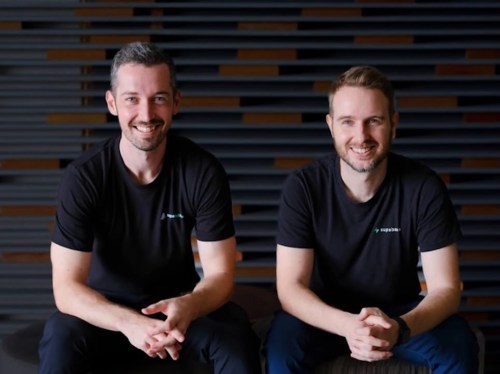It has been a whirlwind year for Supabase, the database of choice in the vibe-coding world. On Friday, Supabase announced it raised a fresh one hundred million dollar Series E round at a five billion dollar valuation. This round was led by Accel and Peak XV. This funding comes just four months after the company closed its two hundred million dollar Series D at a two billion valuation, which was led by Accel. That Series D was itself raised only seven months after an eighty million dollar Series C led by Peak XV and Craft Ventures. PitchBook estimated Supabase was valued at around seven hundred sixty-five million dollars in that deal.
In total, Supabase has raised three hundred eighty million dollars in the past year. The company’s valuation has increased by more than five hundred percent, assuming PitchBook’s estimates for the Series C are accurate. Supabase states it has now raised a total of five hundred million dollars.
The open-source database service Supabase was founded in 2020 by CEO Paul Copplestone and CTO Ant Wilson. This was a few years before the LLM-powered vibe-coding craze began. It started as a Y Combinator startup offering developers a Postgres-based open-source alternative to Google’s Firebase, a database also designed to power AI applications.
Supabase combines Postgres with other enterprise-grade open-source tools for features such as authentication, auto-generated APIs, file storage, and a vector toolkit necessary for many AI apps. It simplified the difficult parts of setting up a database down to a few button clicks. Consequently, it became a popular back end for vibe-coding tools, which write apps with natural language prompts, like the fast-growing platforms Lovable and Bolt. The company says it is increasingly used as the database of choice for Figma and other popular AI coding tools like Replit, Cursor, and Claude Code.
Interestingly, because Supabase is open source and supported by a community of developers, it is allowing community members to buy stock as part of this Series E funding. The company claims four million developers as users.

